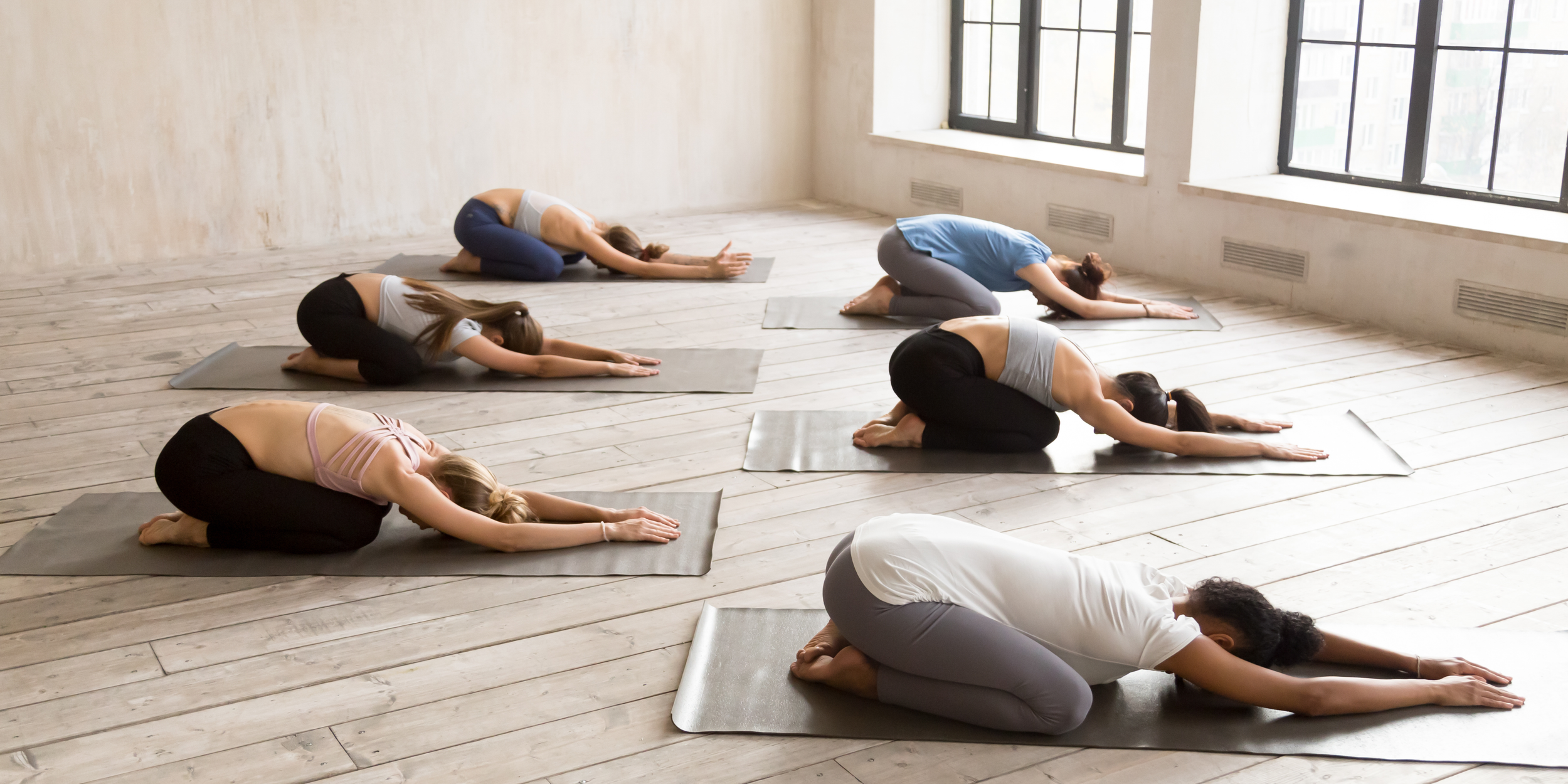I really believe that yoga is for EVERYONE and that all people can benefit from it. As a yoga instructor for the past eight years, I’ve always aimed to teach yoga in a way that’s empowering for my students. Yes, I teach poses that create strength and flexibility, but I also focus on mental and spiritual benefits like gaining more clarity and finding a state of balance and peace. Asana, or the yoga postures that a lot of the western world practices today, was actually created so that folks could be strong enough to sit and mediate for long periods of time. Yoga philosophy from the Indus Valley Civilization is ancient, but the asana we practice today is only about 200 years old, so although it’s important, there is SO much more to yoga than just asana, and you don’t have to be a gymnast to practice yoga.
Accessibility in yoga is extremely important to me. My teaching cues focus on safe alignment so that my students can avoid injury and sustain healthy bodies for the rest of their lives. Everybody is different, so I’ll never say that a pose needs to look a certain way. I just explain how it should feel in your own body. There’s no hierarchy of poses. The posture that feels right is the pose for you.
Yoga has been my number one tool when it comes to caring for my own mental health, and it also reminds me that yoga was created not only to find peace internally individually, but for collective liberation. No one is free until all beings are happy and free, and that is why yoga IS social justice. Yoga ethics, or yama, like non-violence, truthfulness, non-stealing, non-greed, etc. teach us how to treat one another.
It's called a “yoga practice”, not a “yoga perfect” for a reason. There’s no need to wait to “feel calm and centered,” or to be physically flexible or have a certain body type to come to a yoga class. In the sacred yoga text, The Bhagavad Gita, the sage Vyasa writes, "Do every action you must do, and do not be attached to your actions' fruits. Self-possessed, resolute, act without any thought of results, open to success or failure. This equanimity is yoga. Do not be attached to inaction. This skill in action is yoga." Living a yogic lifestyle is about putting enthusiastic effort into everything you do, trying your best, while at the same time, letting go of the need for perfection. It’s about taking action towards your goals instead of being paralyzed by the idea that you may not ever achieve them or that you might not be doing it the “right” way. The insistence on perfection often prevents the possibility of any good improvements. I’ve felt intimidated when it comes to starting new things before, but believe me, I’ve never once regretted starting a yoga practice even though I’ve never done it flawlessly. It’s helped me in every area of my life from my physical health, to managing stress, to my parenting methods, and I’m certain it can help you, too. Whether it’s with me or with another teacher who makes an impact through sharing yoga, I encourage you to stop overthinking it and to sign up for a class!

